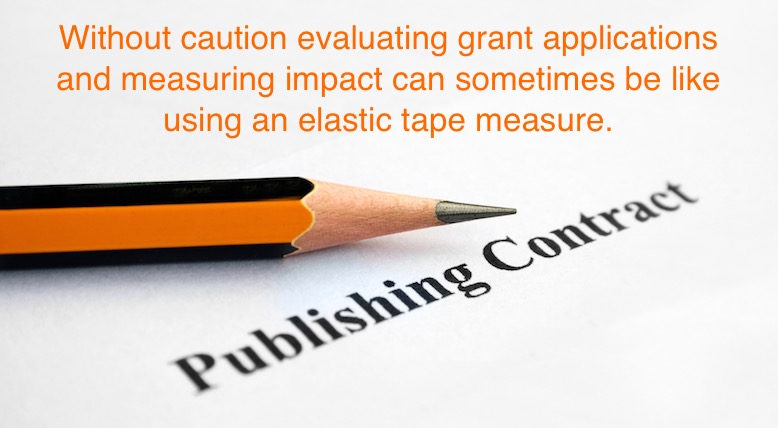The Age recently published an article ‘The dodgy academic journals publishing anti-vaxxers and other ‘crappy science’.
The article describes a booming black market duping academics into submitting their research for a fee of up to $3000 a paper and notes the increasing number of reputable journals charging researchers to submit or cite their publications.
We have previously written about the pressures on researchers to publish their work, how it may affect careers and their ability to seek grants. We have also written about irreproducible results that exist in peer reviewed academic journals.
It can be difficult for the public, donors and charities to understand which publications are better, which publications are new and trying to enter the market, and those that may be predatory.
Most scientific journals charge publication fees to researchers (or their institutions), rely on free peer review from leading scientists and then charge the research community to access the papers they publish. This is not a new model; it has been in existence for many years.
It is also not unusual for Article Publication Charges (APCs) to reach $3000 or more in good journals. It is not surprising that this is the amount set by those trying to dupe researchers.
But don’t been fooled to think that open access journals means free for researchers to publish their findings. These journals too often have APCs although that can be significantly lower.
So where does this leave the public, donors and those without expertise to decipher the good from the bad?
How much weight should be applied to publications and citations when reviewing track records, making grants and measuring outcomes based on these same metrics?
How does the media know what to report?
Lets face it. If researchers have trouble working it out, how can those without scientific experience work it out.
It is also worth noting that publications and citations remain a key marketing strategy for universities who wish to attract fee paying students who use university rankings.
How much emphasis do you place on publications?
If you wish to explore research, translation and impact further register now for our conference on the 18/19th October. Early bird registrations for our Brisbane conference close soon.
This is an opportunity to join an important conversation around funding, policy, translation and impact. The conference is not a technical or scientific conference but an opportunity to discuss research and connect with industry, government, academia, investors and philanthropy.

